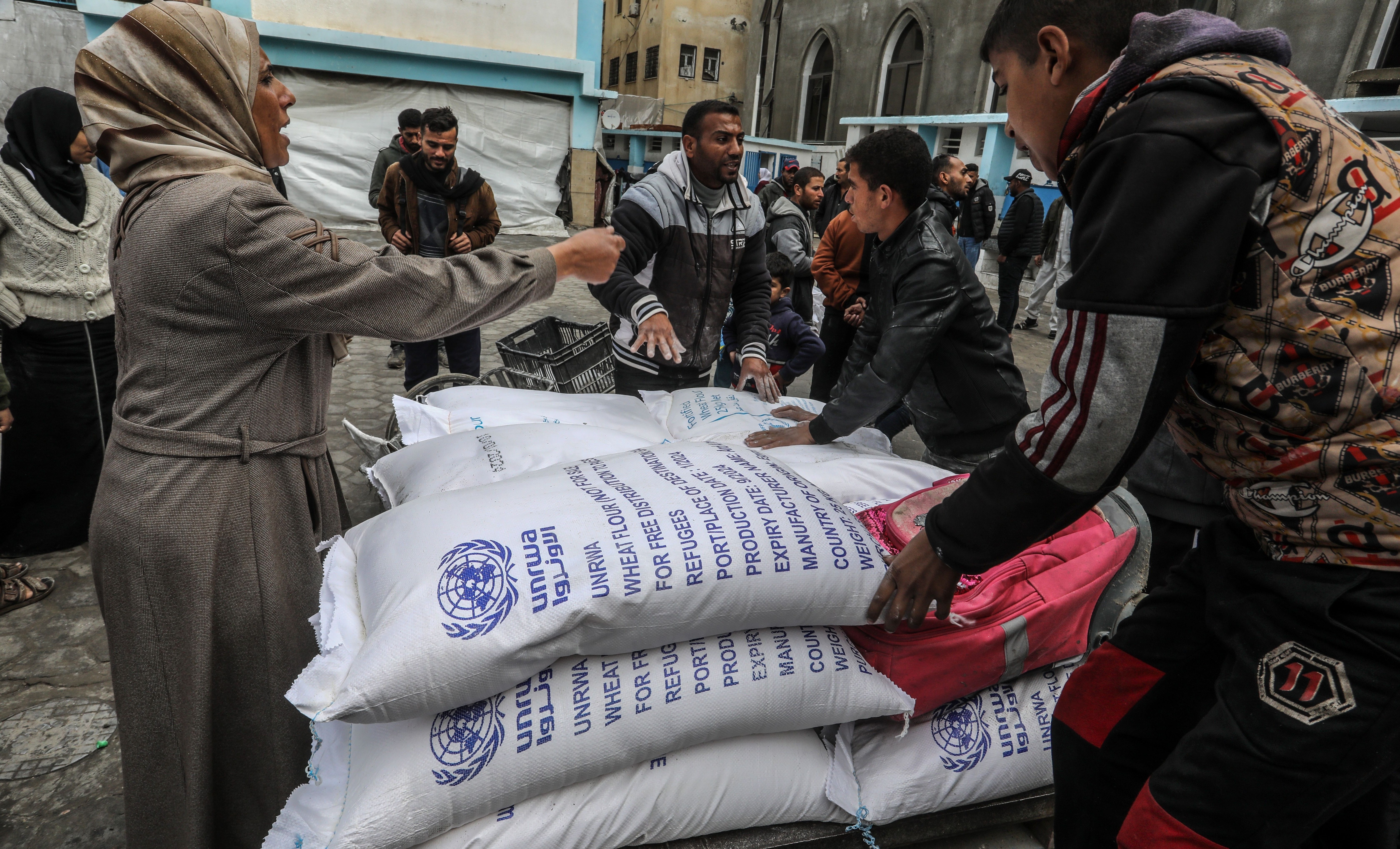On Monday Israel’s parliamentary body known as the Knesset passed two laws banning the United Nations’ Palestinian refugee agency (UNRWA) from operating in Israel, and in regions under Israel’s control.
This comes months after Israel claimed that members of UNRWA were either in Hamas or had Hamas connections, even asserting that some participated in the Oct. 7 attacks of last year. An independent review found that claims of widespread Hamas infiltration had no basis, but that some members did hold sympathies for Hamas, even as the organization pushed heavily for neutrality. These claims led the United States and other donor countries to pause funding to the organization back in January of 2024. Some of those countries have since reinstated funding.
For its part, UNRWA is a vital aid service for Palestinian refugees in Gaza, the West Bank, Syria, Lebanon, and Jordan. The organization estimates that there are over 1.7 million Palestinian refugees across its areas of service. It provides social safety net assistance, maintaining Palestinian records, and seeking refugee empowerment. The organization says that 233 of its personnel have been killed in Gaza since the recent war with Hamas began.
American as well as UNRWA spokespeople have criticized the new Israeli laws.“The vote by the Israeli parliament against UNRWA this evening is unprecedented and sets a dangerous precedent,” said Philippe Lazzarini, UNRWA’s commissioner-general. “It opposes the UN Charter and violates the State of Israel’s obligations under international law."
Echoing his concern, U.S. State Department spokesman Matthew Miller told reporters that UNRWA “plays an irreplaceable role in Gaza… there’s nobody who can replace them right now in the middle of the crisis.” He urged Israel to pause the implementation of this legislation.
- Is Israel intentionally attacking aid workers? ›
- Media downplays lack of evidence in UNRWA employee scandal ›
- US wants Turkey to pick up its UNRWA tab: Report ›
- US intel has 'low confidence' in Israel's UNRWA claims ›
- US, Israeli attacks on UNRWA push agency toward collapse ›
















